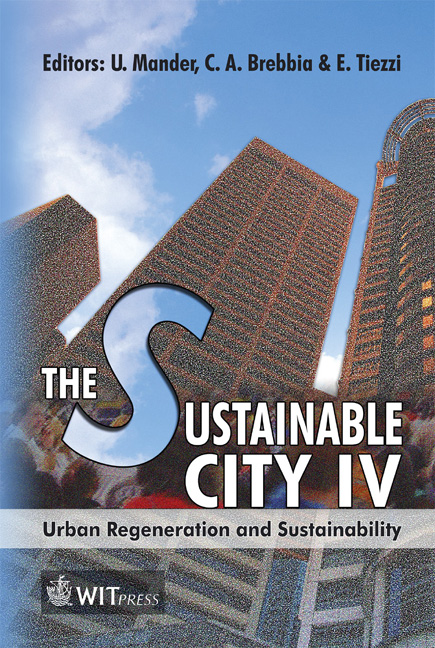Anthropocentrism And Sustainable Development: Oxymoron Or Symbiosis?
Price
Free (open access)
Transaction
Volume
93
Pages
10
Published
2006
Size
271 kb
Paper DOI
10.2495/SC060311
Copyright
WIT Press
Author(s)
C. Speed
Abstract
This research focuses on the definition and achievement of sustainable development, and the factors that influence this. The aim is to understand the current situation in Western society, how and why we reached this point, and to determine a path forward that is genuinely sustainable. Within this context, this research paper will critically analyse the concept of anthropocentrism and the subsequent dominant cultural values, with particular emphasis on how they have framed our relationship with the built and natural environment. This will provide the framework to explore how this relationship, and the institutionalisation of anthropocentrism, has influenced the definition and achievement of sustainable development. Keywords: anthropocentrism, sustainable development, nature, Christianity, scientific revolution, classical economics, progress. 1 Introduction The ideological basis of Western society has been pivotal in shaping our perception of nature, thereby framing our relationship with the natural environment, and consequently legitimising our treatment of it. As such, this paper will provide an overview of the most significant factors shaping Western European society since antiquity. For the purposes of this research, Western European history has been divided into two ideological periods of time. The first extends from the time of Christ until the scientific revolution in the sixteenth century. The dominant social authorities during this time were Christianity and science, the relative power of either generally inversely proportional to the other (with the exception of the thirteenth to the sixteenth centuries, during which time St Thomas Aquinas wrote Summa Theologiae which reconciled Christianity with Aristotle’s cosmology). The dominant
Keywords
anthropocentrism, sustainable development, nature, Christianity, scientific revolution, classical economics, progress.





